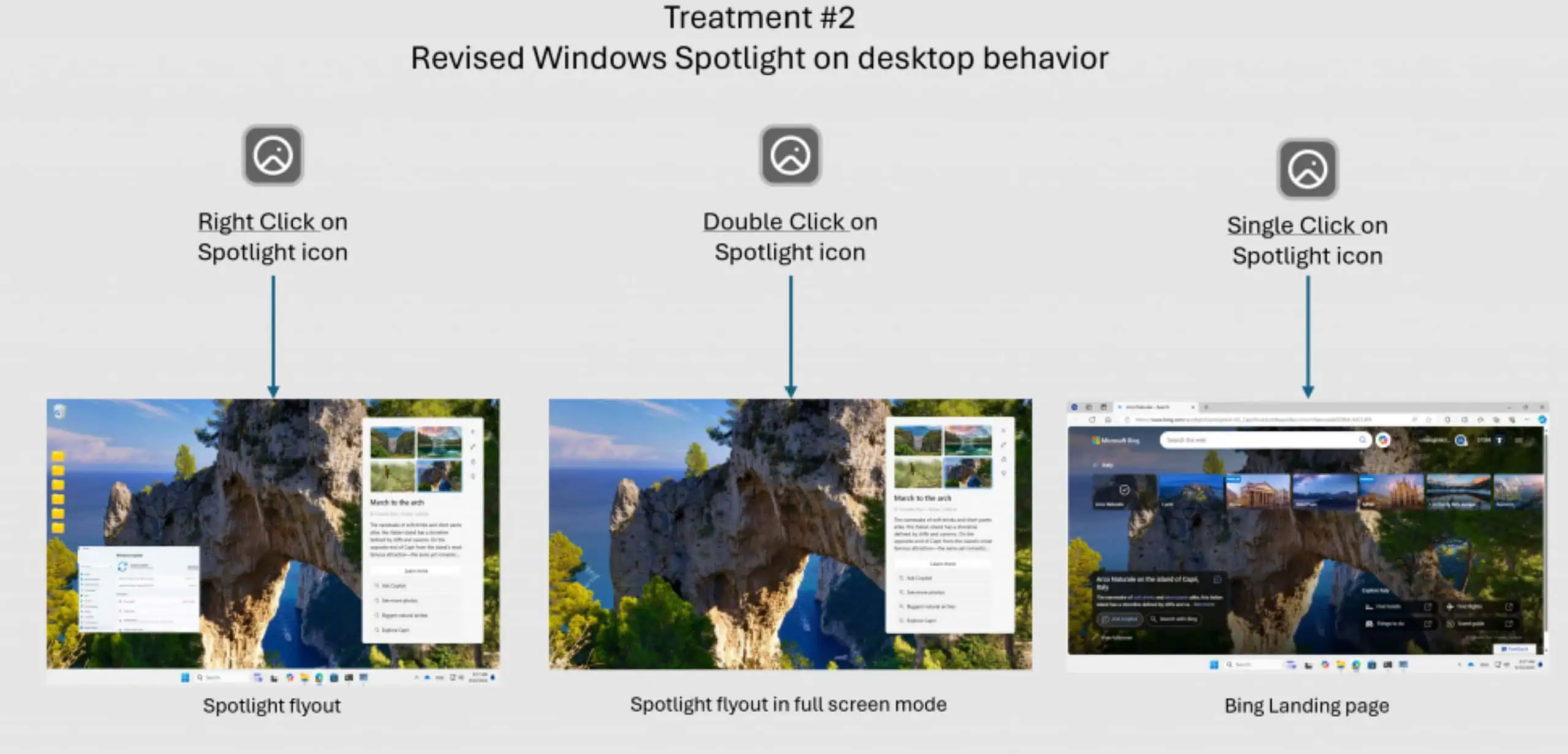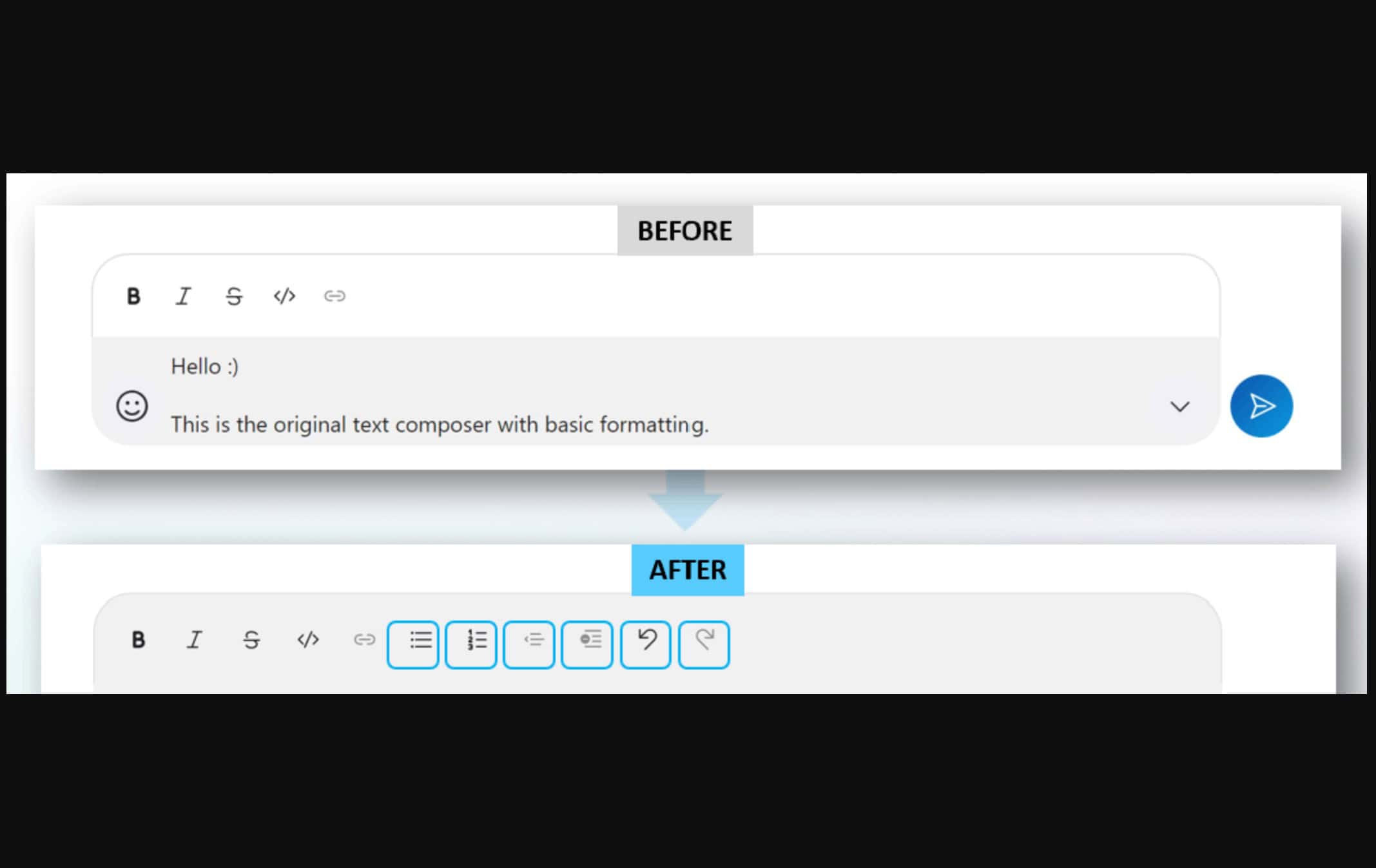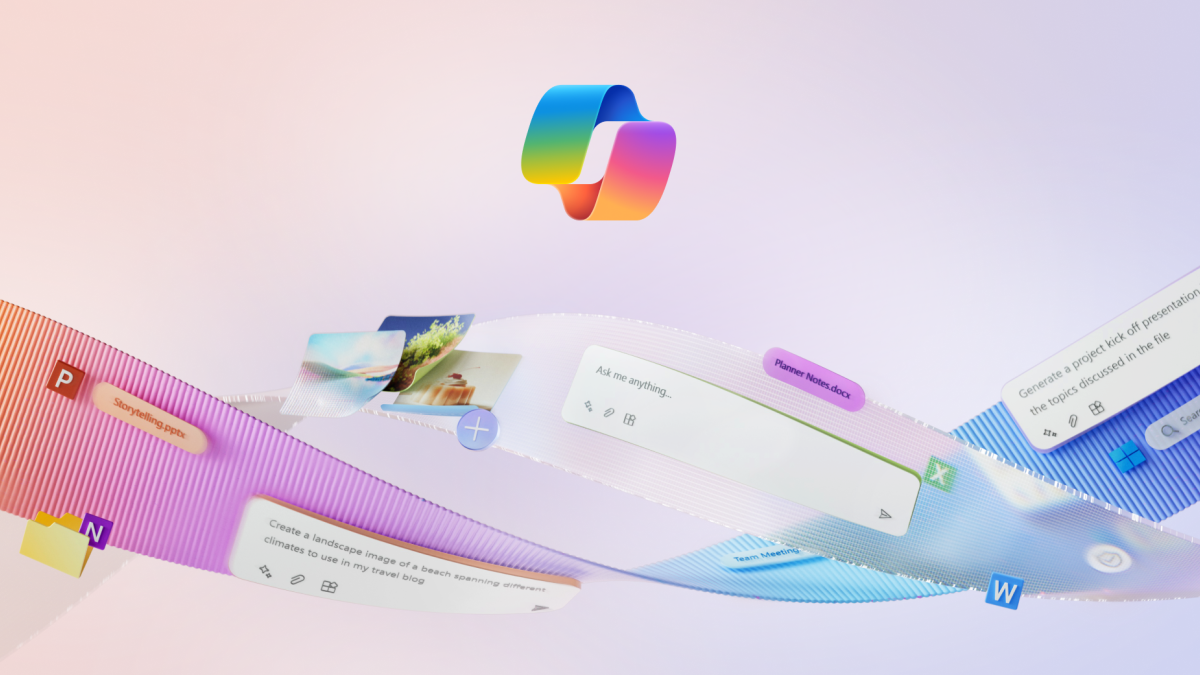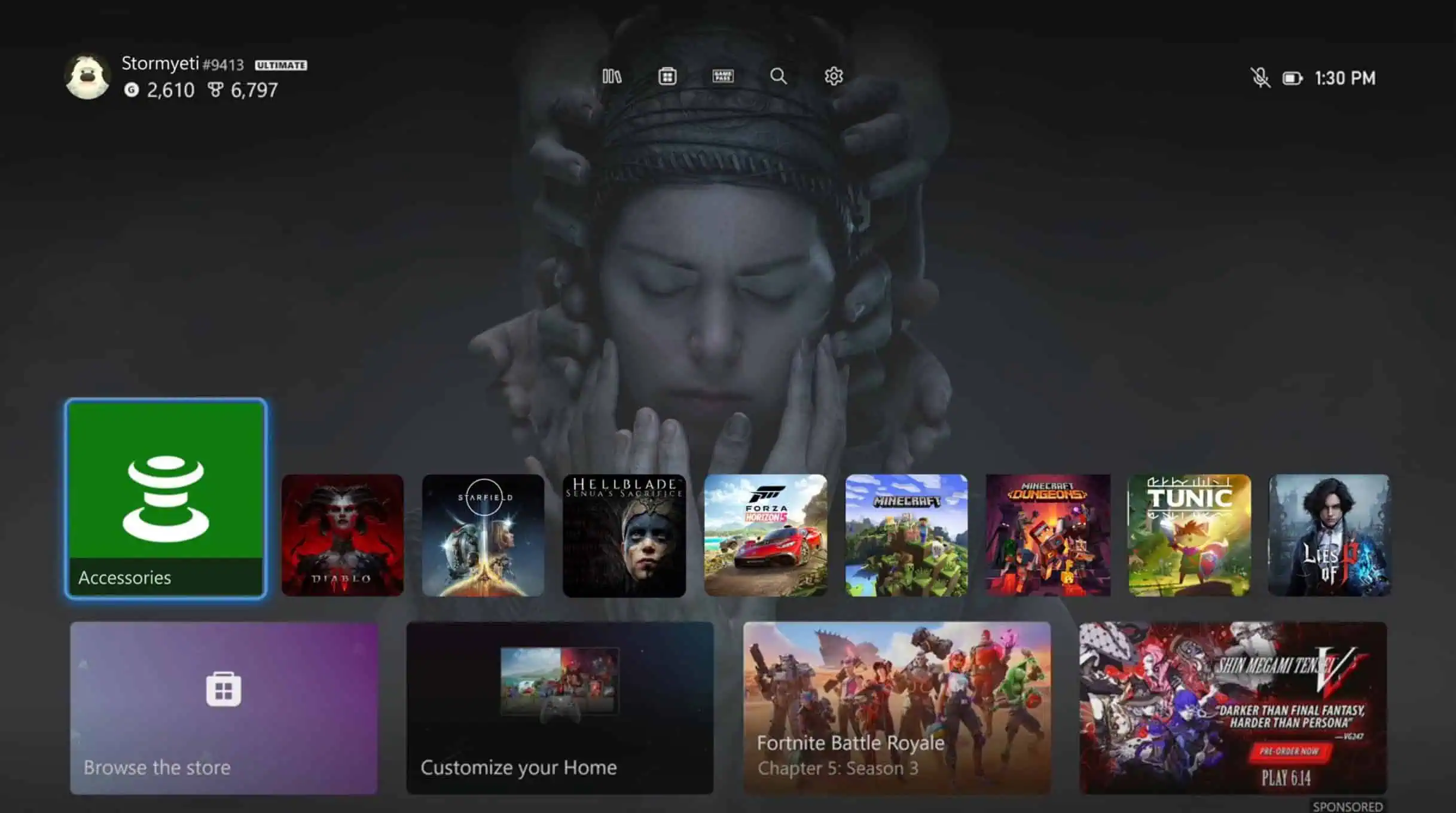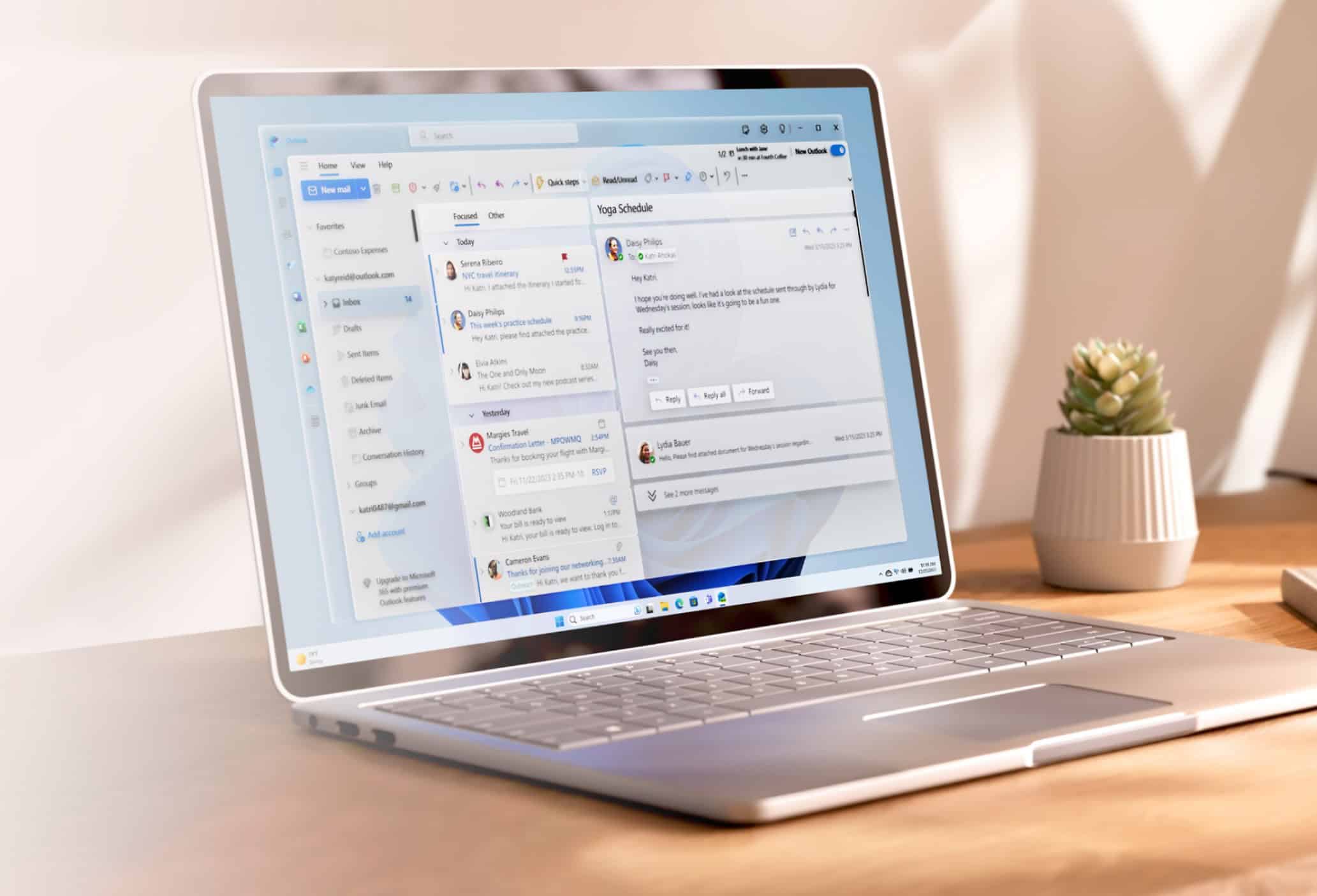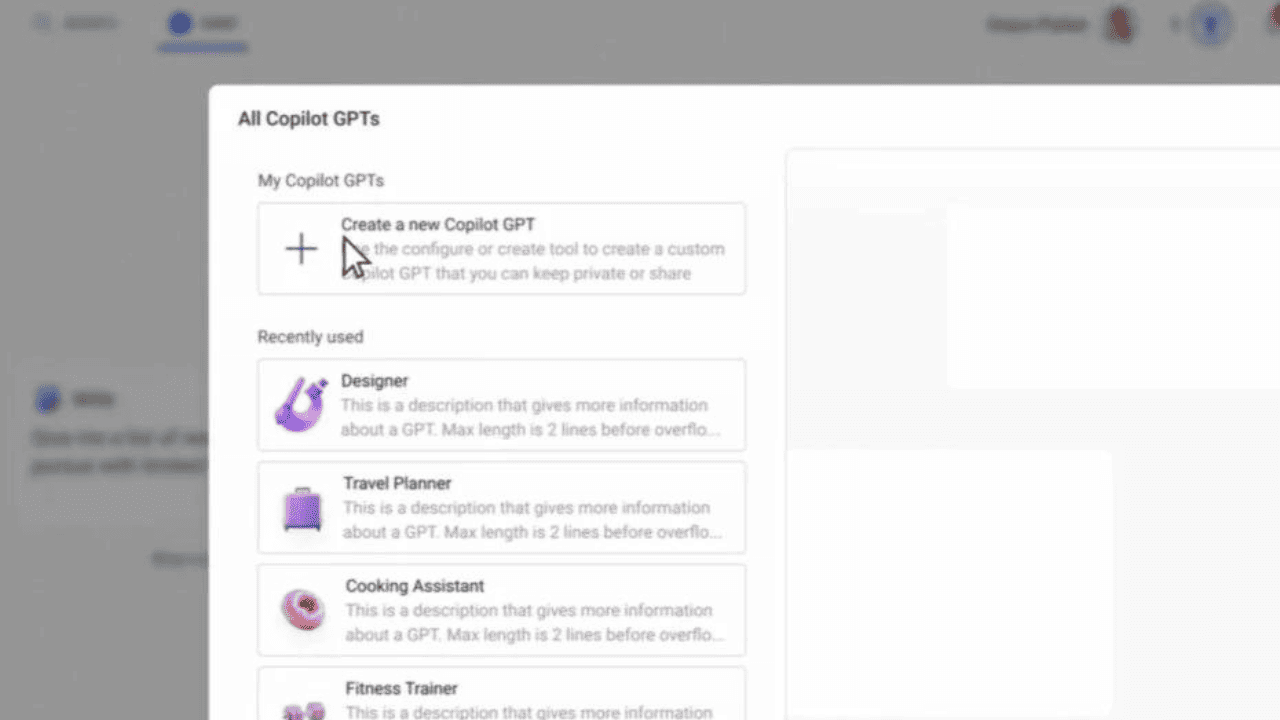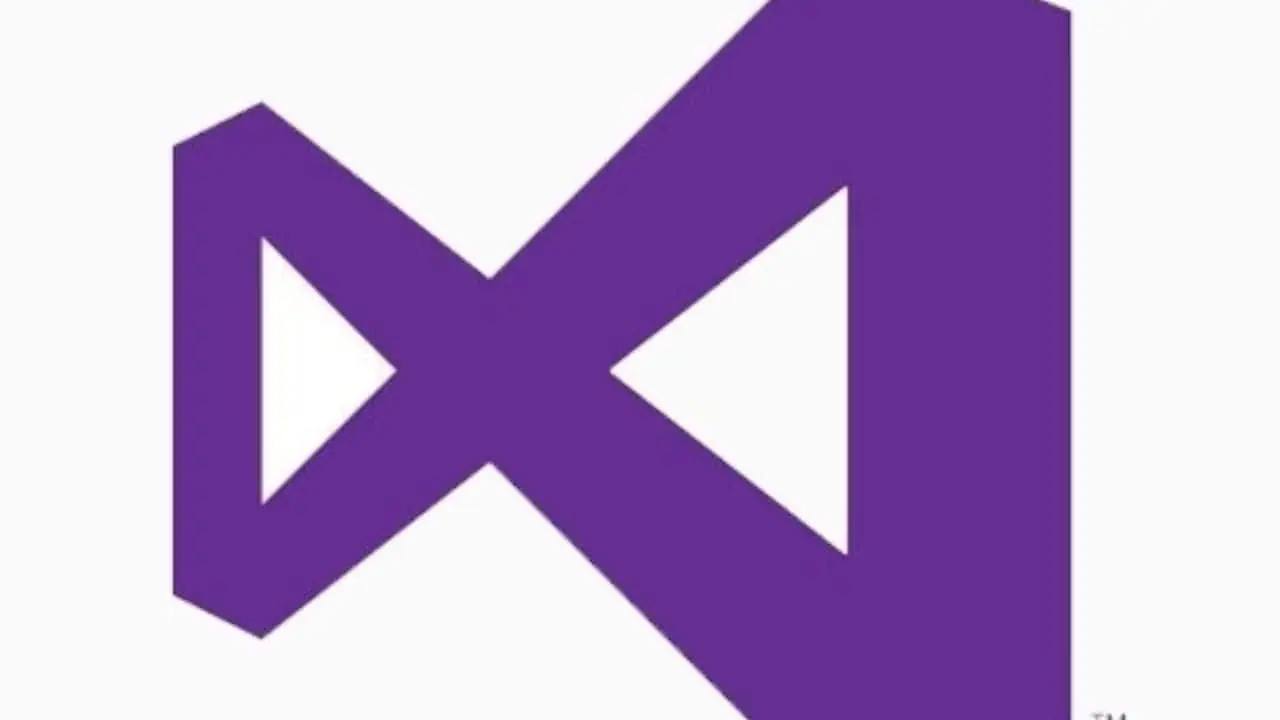Ballmer: "Nobody Ever Buys Windows. They Buy Windows PCs.”
4 min. read
Published on
Read our disclosure page to find out how can you help MSPoweruser sustain the editorial team Read more
Microsoft has granted Mary-Jo Foley exclusive access to CEO Steve Ballmer. She recently published a discussion with Ballmer about the Surface in which he admitted: “Nobody ever buys Windows. They buy Windows PCs.” A pretty profound statement in it of itself.
“One of the things tech companies really do terribly is build new capability,” Ballmer said. Unfortunately, when the industry changes, if you haven’t built any new capability, you can become less relevant because the thing you were good at becomes less relevant and you didn’t built capability in a new area.”
“We’ve had to do it a couple of times, in fact, from platforms to apps, from now software to services, from OS (operating system) royalties, to OS royalties and devices,” he said.
Ballmer called Xbox “sort of a signature about building new capability in hardware and devices.” Microsoft staffed up its supply-chain-team after getting into the Xbox business. Some of this was helpful when Ballmer approved the decision to create Surfaces.
“We still need to upgrade and we still need to upgrade and improve, and that’s part of the Nokia acquisition,” Ballmer conceded.
Ballmer: ‘We had areas of vulnerability in competing with Apple’
Surface “was less different (than Xbox), you could say,” Ballmer noted. “But, I also knew that it would not be the simplest discussion to have with our partners, who(m) I wanted to stay our partners.”
“I was concerned that we had areas of vulnerability in competing with Apple and without any (first-party) capability, that we were not transacting that well just through our OEM partners.”
“High end [Surface] was an issue. There were just a lot of reasons to think Apple was going to be a tough competitor to deal with, just with our OEM model. It was a higher-end brand,” Ballmer acknowledged.
“Our OEMs were having a hard time investing in competing with the higher end brand. The (Microsoft retail) stores were (starting) to take off, but they hadn’t taken off. It turns out that was also an issue, because now there’s a different kind of a presence. And without a product to fit — a product, a brand, a price point — to really go head-to-head, it looked like an area of exposure,” he continued.
“So I won’t say we said ‘Let’s go do Apple compete.’ We wanted to go do our own thing that was uniquely ours,” he said.
“On the other hand, there was an area of vulnerability,” Ballmer said. “The vulnerability we have is not just on phones, where we’re buying Nokia, but it’s on tablets. And our OEMs do great work, but there are places their brands and investments don’t travel. And so we wanted to supplement the work of our OEMs, hopefully make our OEMs stronger through the process, by making our overall competition with Apple” — and more recently — Samsung.
Foley says Ballmer portrayed Microsoft’s differentiator with its tablets and phones as “tools,” specifically “tools that make people more productive, IT people, developers, and end users.”
“Are we a productivity company or are we a software company? Well, what we are is a company that knows how to create great software for productivity and serious fun, but the expression will be through services, and through devices increasingly. And maybe it always has been. Nobody ever buys Windows. They buy Windows PCs,” Ballmer reflected.
“There’s no question Windows defined a class of a device. The problem is in new classes of devices, it’s hard to get leverage simply through the OEM model — whether it’s phones or tablets — and so we’re doing more first-party hardware than we used to. But we’re trying to express our creativity writing software, particularly software that helps people be productive, communicate, and have serious fun.”
Source: MJF

